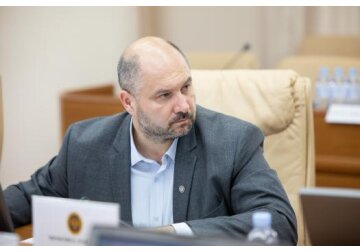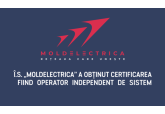
Every building of Moldova will have an energy efficiency certificate and new houses will be equipped with charging points for electric cars.
This is stipulated in the draft law on energy efficiency of buildings approved by the government at a meeting on Wednesday. The Ministry of Energy notes that the document introduces minimum requirements for new buildings, as well as for the renovation of existing buildings; regulates energy efficiency certification so that potential buyers/tenants are informed about the energy efficiency of the houses they intend to live in. This legislative initiative transposes the EU directive in this field into national legislation and aims to create the legal framework necessary to promote improvements in the energy efficiency of buildings, taking into account climatic conditions, indoor climate requirements and cost-efficiency ratios. The draft law, developed with the support of the USAID Moldova Energy Security Activity, aims to regulate the mechanism of HVAC system inspection, as well as to ensure control over the energy efficiency certificates issued, the mechanism for controlling reports on periodic inspections of heating/cooling systems. The draft law will also ensure the creation and operation of an information system in the field of energy efficiency of buildings for the implementation of the Real Estate Fund Renovation Strategy and the National Plan to increase the number of buildings with energy consumption close to zero. With this legislative initiative, the government confirms the increased interest of the state in reducing final energy consumption in a situation where buildings represent the largest energy consumer - they account for about 50% of total consumption - and the consequences of the energy crisis require targeted measures in this regard. "We consume about 2-3 times more energy per square meter of building maintenance compared to the EU, and this is because the EU has adopted a number of measures in this regard that we want to adopt. In the case of new buildings, there will be much stricter rules, in the same way we are introducing mechanisms for infrastructure oriented towards electric vehicles," said Energy Minister Victor Parlicov. According to him, the partial transposition of European legislation in the past in this area has not led to a great interest in services for determining the energy efficiency of buildings, conducting surveys of heating and air conditioning systems, both on the part of individuals and legal entities. In the medium and long term, the costs of meeting the requirements established by the regulatory framework in this area will be recovered by reducing energy costs. Another innovation concerns the mandatory installation of electric vehicle recharging points and the creation of an integrated infrastructure for recharging electric vehicles in non-residential buildings and residential buildings. //19.07.2023 - InfoMarket.







